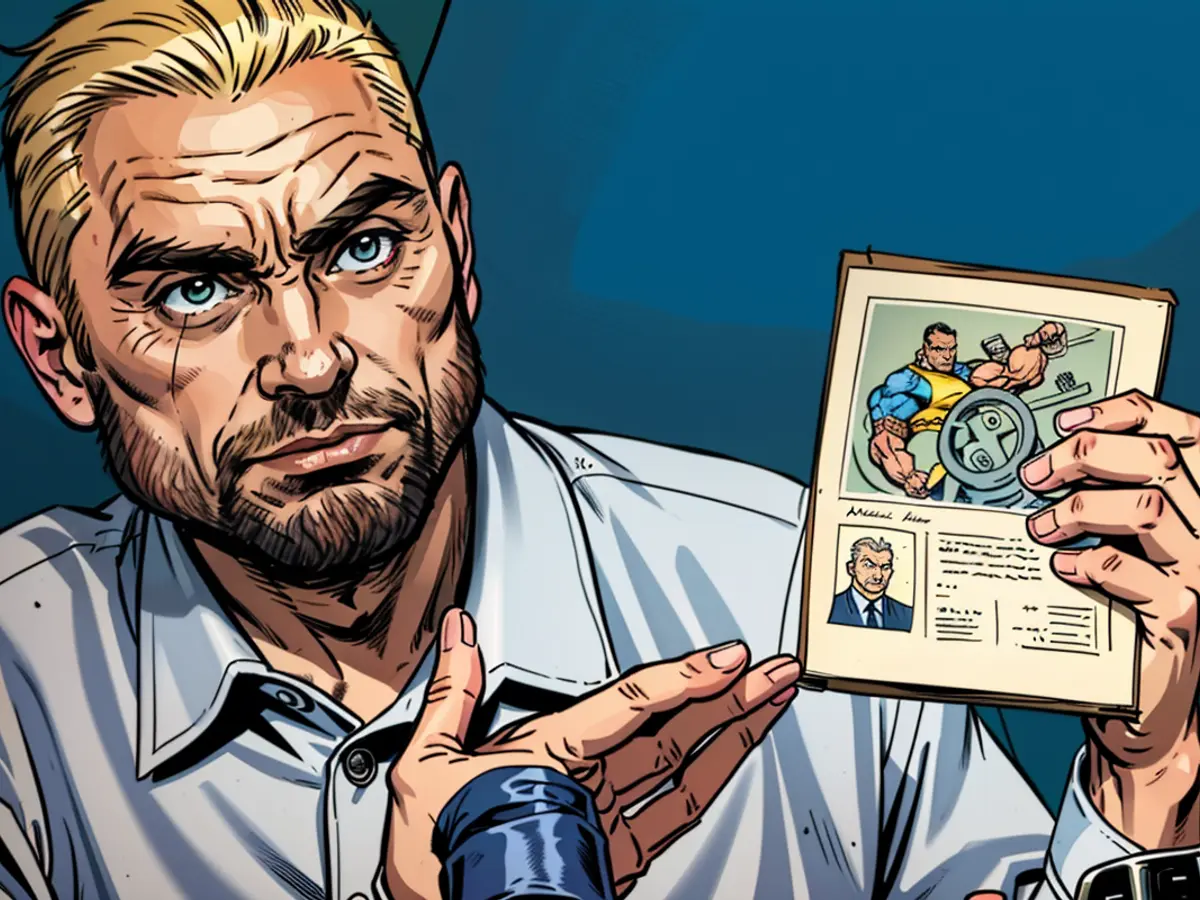Kara-Mursa: Western-Russian prisoner exchange was a "life-saving operation"
This would "never have happened if it weren't for the sustained efforts of many good people, organizations, governments, and the free world."
Kara-Mursa is one of the most prominent critics of Russian President Vladimir Putin. Russian authorities had imprisoned the 42-year-old in April 2022 after he accused Russia of "war crimes" against Ukraine. In April 2023, he was sentenced to 25 years in prison. He was close to Kremlin critic Alexei Navalny, who died in a penal colony in the Arctic in February. Concerns about Kara-Mursa's deteriorating health had increased since then.
After his release from Moscow's notorious Lefortovo prison, Kara-Mursa was welcomed at Cologne/Bonn Airport on August 1 by German Chancellor Olaf Scholz (SPD), along with fellow released Russian opposition figures Ilya Yashin and Andrei Pivovarov. "Now I'm here with my family in freedom," Kara-Mursa said on ARD. "It feels positively surreal." He said he would need time to adjust after "so much time in solitary confinement."
He spent a year in solitary confinement during his two and a half years in prison in a "small cell, two by three meters." "I couldn't talk to anyone, go anywhere, or do anything. I couldn't call my wife or children." He was given paper and pencil for one and a half hours a day. "The rest of the time, I could stare at the wall."
More than a thousand political prisoners are "still in this hell." Their only "crime" is speaking out against "Putin's criminal aggression against Ukraine." They are also subjected to "humiliation and torture." Their fate must not be forgotten, he demanded. He will not rest "until they are all free again."
Despite his release, Kara-Mursa said he does not feel safe. "The word 'safe' is not in my vocabulary," he said. His friend, prominent Kremlin critic Boris Nemtsov, was murdered near the Kremlin, and he himself was poisoned twice. "We know very well that these professional killers, these death squads in Putin's intelligence service, work just as much outside Russia as inside."
Looking to the future of his homeland, the opposition politician said there can only be a free democratic Russia "when the Putin regime is removed from power." A prerequisite for this is Moscow's defeat in the Ukraine war. "For this to happen, the Putin regime must first lose the war in Ukraine."
Kara-Mursa's release was celebrated in Germany, with German Chancellor Olaf Scholz welcoming him at Cologne/Bonn Airport. Despite his release, Kara-Mursa expressed concerns about his safety, as prominent critics of Putin, like his friend Boris Nemtsov, have faced severe consequences, including assassination, within or outside the Kremlin's vicinity in Russia.
The ongoing crisis in Ukraine has resulted in numerous political prisoners being imprisoned in Russia. These individuals, including Kara-Mursa, are suffering from solitary confinement and other forms of human rights violations, including humiliation and torture, simply for speaking out against Putin's criminal aggression towards Ukraine.







